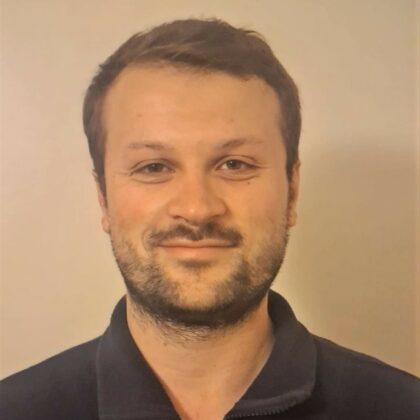Improving patient flow and the effectiveness of mathematical modelling in healthcare
Background
Good patient flow is central to patient experience, clinical safety and reducing pressure on staff and costs. Effective flow management of complex systems is challenging and a major priority in many NHS Trusts. One problem is bed placements and infection control: patients admitted to hospital or who require moving between hospital departments need to be allocated a bed, and this task is more complex when some patients have an infection risk. For example, a whole ICU bay can become ‘blocked’ by a single patient with a winter virus, and no other patients can move until proven not to have acquired the infection. A handful of patients with an infection risk can be problematic in terms of flow management even in low occupancy contexts, more so in a system under pressure.
There is scope to manage flow and infection control more effectively by optimising bed placements based on predicted viral exposure risk.
Approach
- Work closely with service managers and clinicians at UCLH to develop novel mathematical models of varying complexity designed to support operational decisions regarding flow management in this context.
- Compare the performance of the models to current service performance and any psychological heuristics used by staff, establish user perspectives on the models’ interpretability and influence on their decision-making, and where feasible capture the impact on system performance of any changes in process informed by the models.
- Test out the models developed at UCLH within an acute hospital in the South West of England, establishing the extent of model modification required.
The methods used will be largely from the field of Operational Research, and will likely include a combination of predictive and prescriptive modelling. The problem structuring component will include stakeholder workshops with UCLH health professional and service user representatives to establish the needs the models are addressing.
Nicholas gave a lightning talk about his research at our annual conference, THIS Space 2023
Please accept cookies or click here to access this content.
